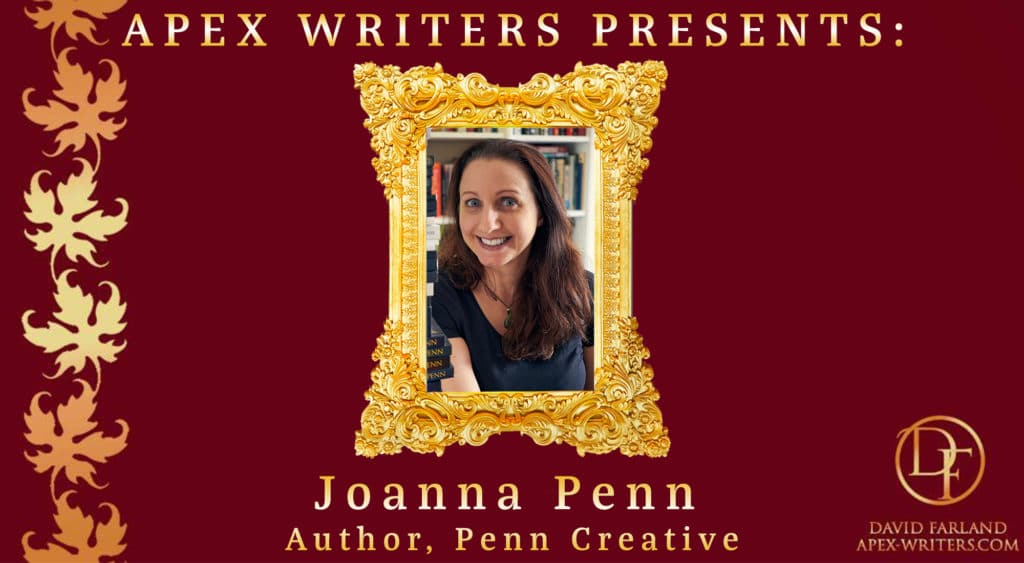How to Write a Novel: A 16-Step Guide

How to write a novel, from beginning to end in 16 steps. Brainstorm, develop a great character, create an antagonist, and more.
Religion in Fiction

Certain works of fiction are designed to appeal to readers with strong belief systems. But not all “religious fiction” need be religious.
Refining Your Tastes

There is a danger in exposing yourself to too much vapid art. It can weaken your judgment and erode your sensibilities, until the time comes when you see things that are merely passable, and somehow think that they’re good.
Showing, Telling, Making

the adage “Show, don’t tell” is used to beg for more information. Yet I’ve always felt that that advice is . . . imprecise.
Spectacular Settings

When I’m looking at a story, one of the simple things I look at is setting. There are so many aspects to setting, so let’s just look at a few
Being Prolific

How to make a living as an author. Being prolific is not something I think about, but it is something I can teach.
Imagination

You may not realize it, but the most common problem with stories is that they’re tepid.
Working with a Cast of Millions

I’ve mentioned before that many bestselling stories share a common trait: they appeal to broad audiences—old and young, male and female.
Apex Writers Presents Joanna Penn

Over at www.apex-writers.com, we have special guests that join us biweekly to share their expertise. Today’s special guest clip comes from Joanna Penn who speaks to us on making money as an author. Joanna Penn helps authors make a living writing through her bestselling books, courses and podcast. She’s an award-winning entrepreneur, international professional speaker […]
How to Critique Another Writer

“How should I critique another person’s writing in a writing group?”
In this video, I’ll talk to you about how to give proper criticism and how to receive it as well!
